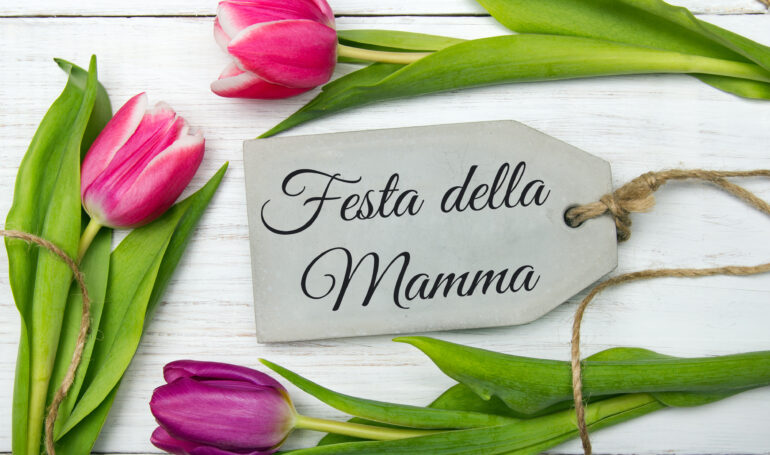
The Role of the Mother in Italian Culture
In Italy, the figure of the mother—la mamma—holds a place of deep reverence, affection, and centrality in both family life and the broader cultural imagination. While every culture values mothers, Italian society is especially known for the way it cherishes, respects, and sometimes even mythologizes the maternal role. From literature and cinema to everyday family dynamics, the Italian mamma is not just a caregiver but a symbol of unconditional love, sacrifice, and strength. Her influence extends well beyond the household, shaping values, traditions, and even national identity.
A Historical and Cultural Foundation
Italy’s deep-rooted Catholic heritage has long emphasized the sanctity of the family, with the mother figure often at the center. The Virgin Mary—La Madonna—is one of the most revered religious icons in Italy. Her image is omnipresent in churches, homes, and city squares. She embodies purity, sacrifice, and maternal devotion, and these values have deeply influenced the cultural expectations placed on Italian mothers.
Historically, Italian society has been structured around strong family units. Italy has always enjoyed a tight knit society with communities where the extended family played a crucial role in daily life. In this setting, mothers were responsible not just for raising children, but also for managing households, supporting husbands, and maintaining social ties within their communities.
Even as Italy has modernized and urbanized, the mother’s central role in the family has endured. She remains a symbol of stability and emotional support, deeply respected across all generations.
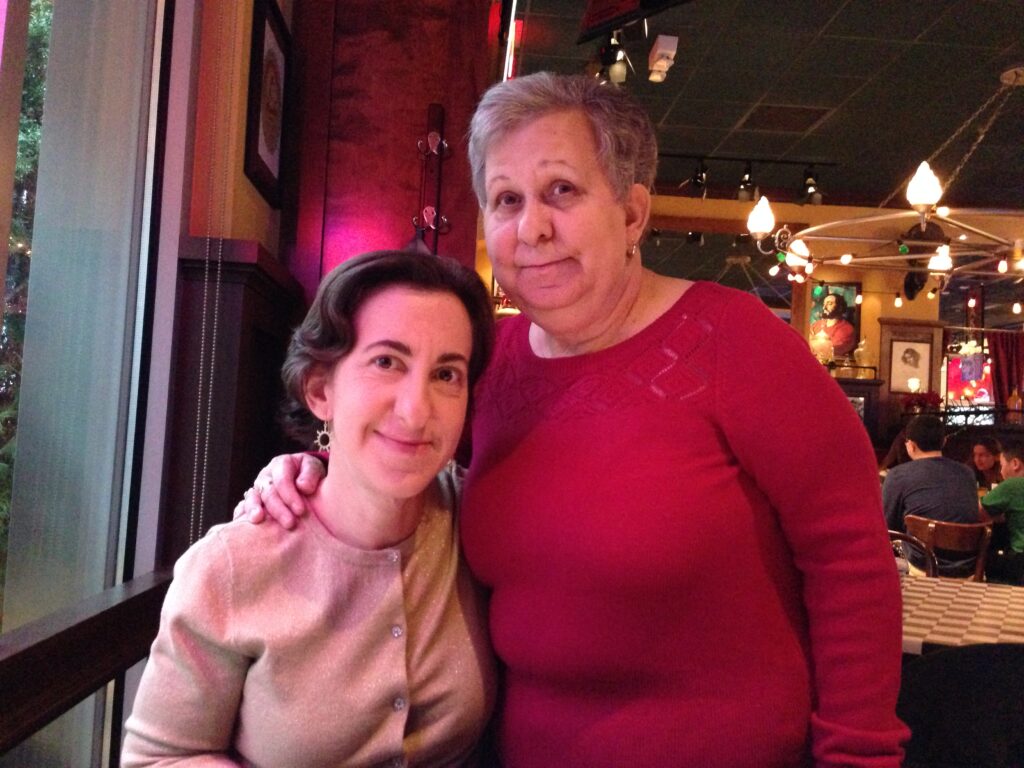
Picture Credit: Roseanne Montillo
La Mamma: A Pillar of Italian Identity
In Italian households, the mother is often the most influential figure. From preparing meals to resolving family conflicts, her presence is both comforting and authoritative. The expression “la mamma è sempre la mamma” (mom will always be mom) captures the irreplaceable role she plays. It’s a phrase that acknowledges not just love, but loyalty, sacrifice, and unwavering support.
Italian mothers are often seen as fiercely protective of their children, particularly their sons. This dynamic has even led to the term “mammone” (mama’s boy), describing the close bond that many Italian men share with their mothers well into adulthood. While this relationship is sometimes viewed with humor or criticism, it also highlights the strength of the maternal bond in Italian culture.
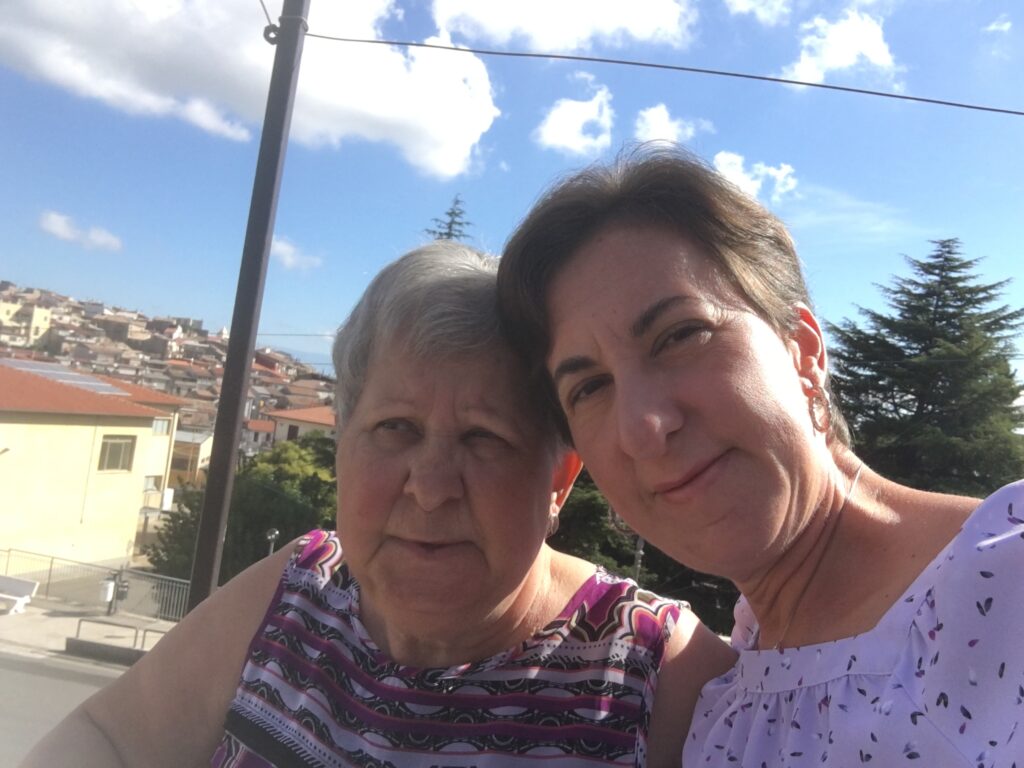
Picture Credit: Francesca Montillo
Culinary and Cultural Custodians
In Italy, food is not just sustenance—it’s a language of love, a form of communication, and a source of identity. And at the heart of this culinary tradition is the Italian mother. She is often the guardian of family recipes passed down through generations, the one who teaches children how to cook, and the person responsible for preparing the Sunday meals that bring everyone together.
The image of an Italian mother lovingly stirring a pot of ragù or kneading fresh pasta is deeply ingrained in the national consciousness. Meals prepared by la mamma are more than just food—they are expressions of love and care. In fact, for many Italians living abroad, one of the things they miss most is their mother’s cooking. It’s not uncommon for Italian mothers to send food packages to their children living in other cities or countries, keeping the connection alive through flavors and scents from home.

Picture Credit: Unknown.
Mothers and Modern Challenges
While the traditional image of the Italian mother remains powerful, contemporary Italian women face new challenges. Many now balance careers with family responsibilities, navigating a society that still expects them to be primary caregivers. In recent decades, economic pressures, lower birth rates, and shifting gender roles have reshaped family life in Italy.
Despite these changes, the Italian mother continues to play a vital role. She is adapting—working outside the home while still upholding the emotional and cultural responsibilities that define her position. This evolution has led to a broader conversation in Italy about gender equality, work-life balance, and the need for institutional support for working mothers.
It’s also worth noting that younger generations are redefining what motherhood looks like in Italy. New models of parenting, shared domestic responsibilities, and a focus on individual fulfillment are slowly transforming societal expectations. Yet, even within these shifts, the core values associated with motherhood—nurturing, strength, love, and resilience—remain central to Italian identity.
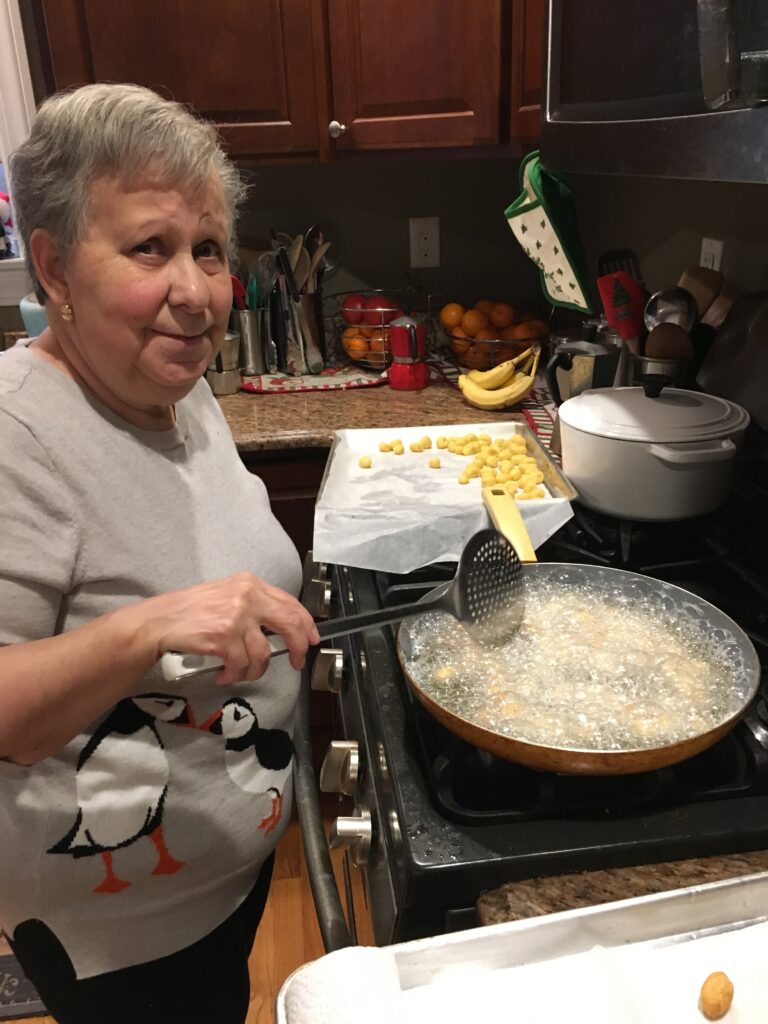
Picture Credit: Francesca Montillo
The Mother in Italian Art and Media
Italian cinema, literature, and music have long celebrated the figure of the mother. From Federico Fellini’s poignant portrayals of maternal figures to Neapolitan songs that sing of a mother’s sacrifices, the emotional weight of motherhood is deeply embedded in Italian storytelling.
In literature, novels like Elena Ferrante’s Neapolitan Quartet delve into complex relationships between mothers and daughters, revealing the generational tensions and deep emotional bonds that define these relationships. Similarly, Italian films often depict the mother as both a moral anchor and a figure of emotional complexity.
These representations reinforce the idea that the mother is more than just a family member—she is a symbol of love, resilience, and cultural continuity.

Picture Credit: Francesca Montillo
The Mother as Moral Compass
Italian mothers often serve not only as emotional nurturers but also as moral guides. In many families, it is the mother who instills values such as respect, empathy, responsibility, and gratitude. Her role is pedagogical as well as emotional, teaching children how to navigate life with integrity and compassion.
This role is particularly evident during communal family gatherings, religious events, and rites of passage like baptisms, first communions, and weddings—occasions where the mother is both a participant and an organizer, ensuring that traditions are upheld and the family’s heritage is honored.
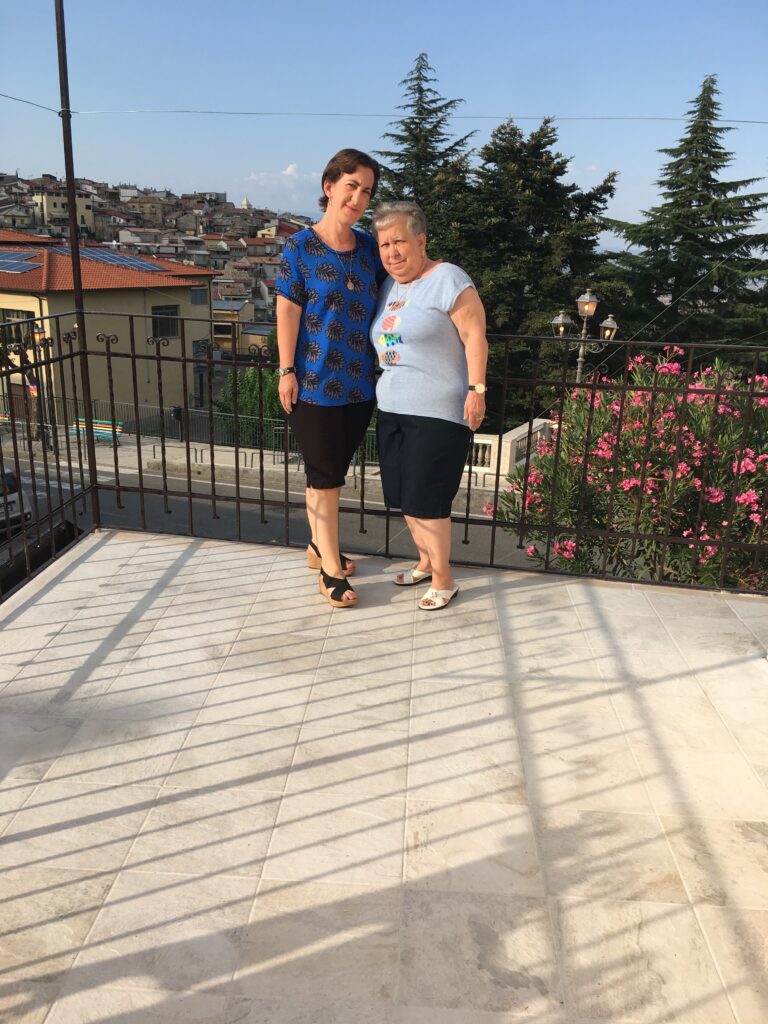
Picture Credit: Roseanne Montillo
Mother’s Day in Italy: Festa della Mamma
Like many cultures, Italy celebrates La Festa della Mamma (Mother’s Day) on the second Sunday of May. Though not a public holiday, it is widely observed. Children give flowers, cards, and small gifts to their mothers, and families often gather for a special meal. It’s a day to express appreciation and affection, but also to reaffirm the enduring place of the mother in Italian life.
Unlike more commercialized versions of Mother’s Day in other countries, La Festa della Mamma often feels deeply personal and heartfelt in Italy. It’s less about grand gestures and more about genuine emotional expression—true to Italian style.
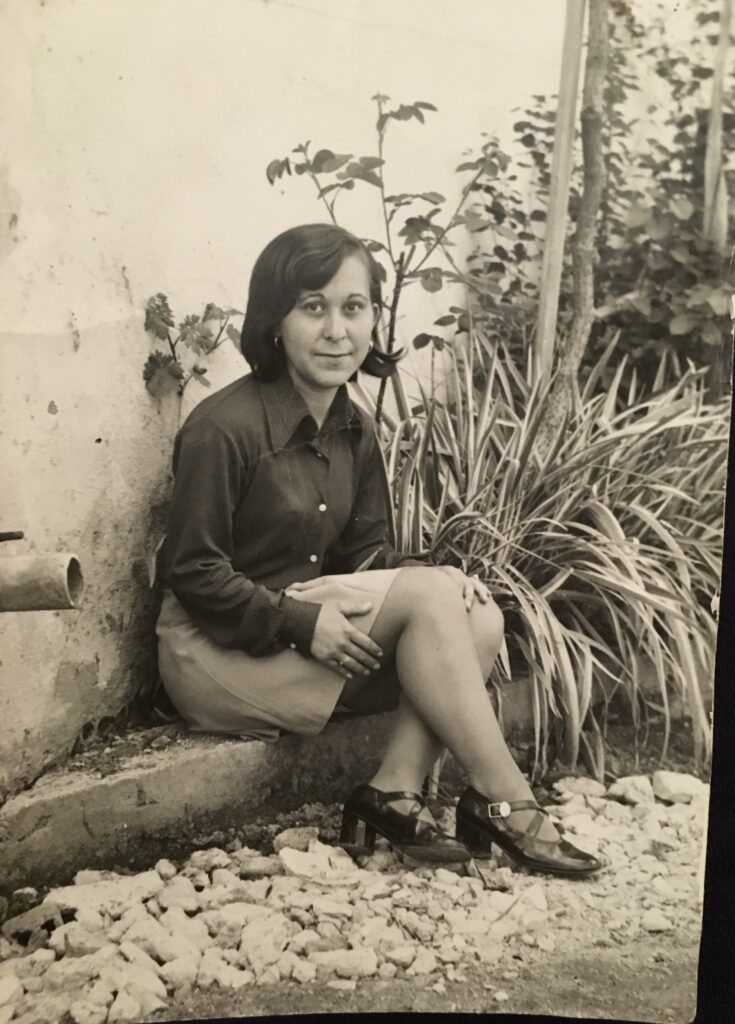
Picture Credit: Unknown.
Conclusion: The Eternal Mamma
In Italy, motherhood is not just a biological role; it’s a cultural institution. The Italian mother embodies warmth, tradition, and unconditional love. She is at once a protector, a teacher, a chef, a counselor, and a moral guide. From rural villages to modern cities, from ancient Rome to the present day, the importance of the mother has remained a constant in Italian life.
As Italy continues to change, the image of “la mamma” also evolves—but never fades. Whether in the kitchen, in family traditions, in memory, or in the hearts of grown children, she remains one of the most cherished and respected figures in Italian culture.
In short, to understand Italy is to understand the profound importance of the mamma. She is not just a part of life—she is its essence.
Leave a Reply

What to Pack for Italy
Cosa Mettere in Valigia per l'Italia
Everyone is always asking me what they should pack for Italy,
so I’ve created a quick reference guide that you can use for your next trip.
Hint: You don’t need nearly as much as you think you do!

7 Comments
🌸Thank you for sharing all that…so nice❣️
What a beautiful tribute to Mothers everywhere.
Loved seeing all the pictures of you mom and nonna see you in a week can’t wait
Beautiful!!
A really beautiful way to explain the cultural and everyday blessings of “Mamma” in society, in the world. You look so much like your Mamma when she was young.
Grazie for sharing. Happy Mother’s Day to all.
Such a beautiful story, and the photos are priceless!
Thank you so much for this beautiful tribute to our Mothers